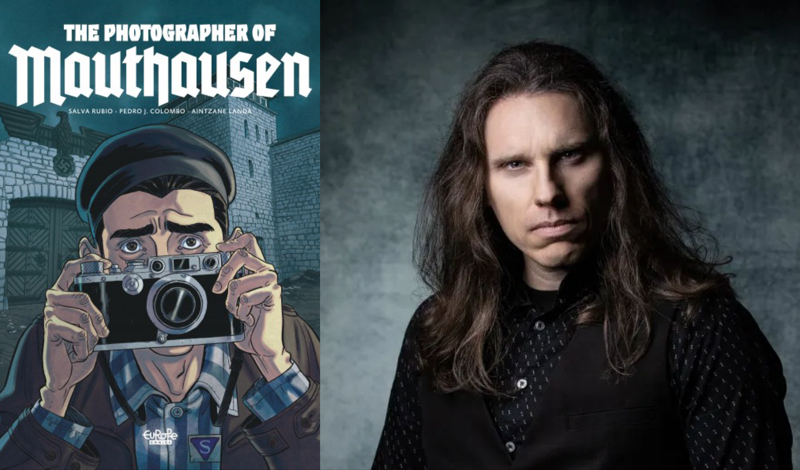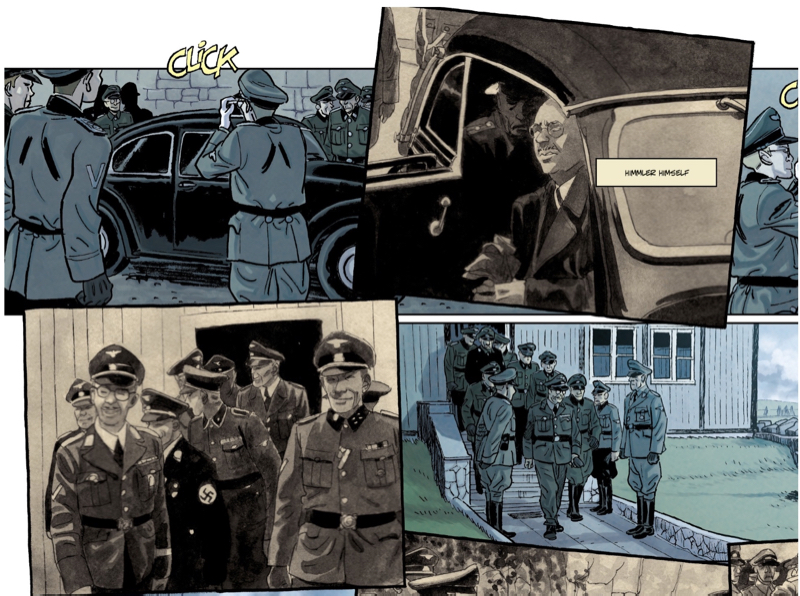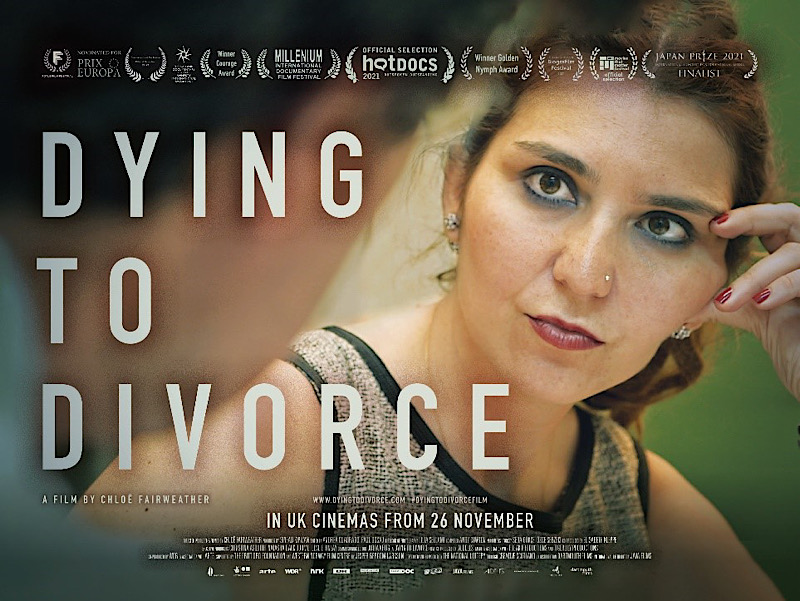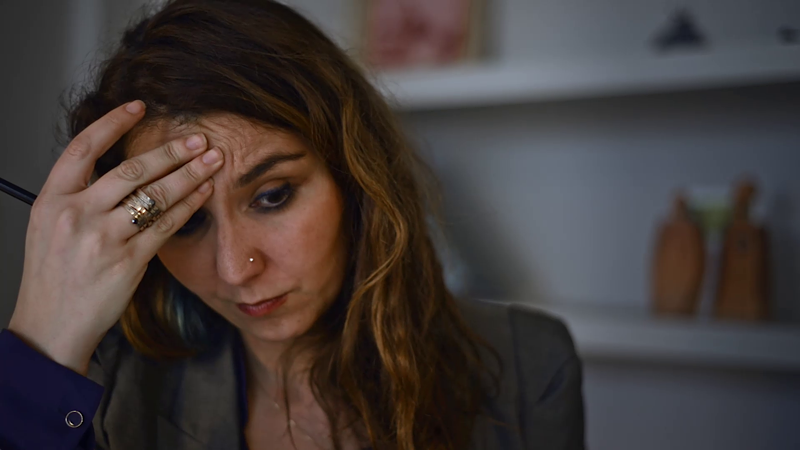Thirty years ago, on 27 April 1994, South Africans voted in the first demographic general election in the country’s history. The National Party of the Apartheid regime was replaced by the government of the African National Congress and Nelson Mandela became president.

Next week, South Africans return to the polls. This is the seventh post-apartheid election in South Africa, including the inaugural democratic election in 1994. For 25 years, the African National Congress (ANC) government dominated polls, obtaining a parliamentary majority in each election, but that majority has been waning since its high of 2004.
| 1994 | 1999 | 2004 | 2009 | 2014 | 2019 |
| 62.65% | 66.35% | 69.69% | 65.90% | 62.15% | 57.50% |
In 2024, there is such uncertainty regarding the ability of the ruling party to obtain a majority that conversations are starting to revolve around President Cyril Ramaphosa not receiving 50% of the votes and what that means:
The ANC is still expected to win the largest share of votes, but if it receives less than 50% as predicted, it will need the help of coalition partners to reelect the 71-year-old Ramaphosa
- South Africa braces for what may be a milestone election. Here is a guide to the main players [AP News]
Why Is the ANC’s Popularity Waning?
For many South Africans, the ANC and Nelson Mandela represent those who fought for and won freedom for the majority of the population. Given the damning legacy of Apartheid, that emotional connection to the ruling party has been difficult to break.
Poverty, Inequality & Unemployment
Yet South Africa repeatedly draws attention for being the most inequal country in the world in terms of income and wealth. A 2022 report by the World Bank stated:
The Southern African Customs Union (SACU), comprising Botswana, Eswatini, Lesotho, Namibia, and South Africa, is the world’s most unequal region. Based on Gini coefficients of consumption (or income) per capita, South Africa, the largest country in SACU, is the most unequal country in the world, ranking first among 164 countries in the World Bank’s global poverty database
- Inequality in Southern Africa : An Assessment of the Southern African Customs Union [World Bank]
For every gated suburb in South Africa, there are areas of extreme poverty and deprivation. This is compounded by an unemployment rate of 32.9% in Q1 2024, currently the highest in the world.
According to StatsSA, the number of unemployed South Africans surged by 330,000 to a record 8.2 million in the first quarter of 2024… In Q1 2024, the official unemployment rate rose to a dismal 32.9%…
The situation is much worse for young South Africans, with unemployment rising to 59.7% in Q1 2024. Therefore, for jobseekers aged 15-24 who are not enrolled at educational institutions and are actively looking for work, only four of every ten have jobs…
- South Africa has the Highest Unemployment Rate in the World [ActionSA]
Failure to Invest in Infrastructure
South Africa’s infrastructure can most accurately be described as crumbling. Potholes are scattered across roads in such volume that it is often a case of more sand than tarmac on roads. Clean tap water has still not been extended to the full population, with people in rural communities being most disadvantaged. Waste collection can be described as poor at best with residents in informal settlements being especially effected by non-existent or unreliable services.
Perhaps the most significant of the infrastructure challenges is the South African energy crisis, now entering its seventeenth year.
South Africa is in the middle of a deep electricity crisis. In 2023 the public, many of whom are voters, experienced the worst loadshedding to date, losing power for an average of five hours a day
- South Africa’s electricity crisis: what political parties say in their election manifestos about solving it [The Conversation]
In a sign of the increasing importance of the electricity crisis to South African voters, the ANC, Democratic Alliance and Economic Freedom Fighters now dedicate 10% of their election manifesto to the crisis, up from 2% in 2019. Indeed, Thabo Mbeki’s 2008 admission that the ANC did not listen to Eskom’s warnings is doing the rounds again, further eroding ANC confidence in an increasingly impatient population.
Further reading: this is an exceptional article on many of the issues discussed above by S'thembile Cele: "Africa’s Richest City Is Crumbling Under Chaos and Corruption" [Bloomberg]"When Eskom said to the government: 'We think we must invest more in terms of electricity generation', we said no, but all you will be doing is just to build excess capacity," he said in a speech.
"We said not now, later. We were wrong. Eskom was right. We were wrong."
- Thabo Mbeki, 2008; Mbeki: Eskom was right [News24]
Corruption
State capture is usually a concept reserved for Gerard Butler films yet it happened in South Africa. The Zondo Commission of Inquiry Into Allegations of State Capture demonstrated that Jacob Zuma and the Gupta family began a process of state capture immediately on Zuma’s election in 2009 which resulted in widespread corruption and economic disaster for South Africa.
The evidence before the Zondo Commission demonstrates that the state capturers were able to: (i) appoint willing collaborators in all kinds of key positions; (ii) hobble the law enforcement agencies, even making some of them complicit in corruption; (iii) weaken parliamentary oversight; and (iv) capture parts of the independent media
- How and Why Did State Capture and Massive Corruption Occur in South Africa? [PFM]
The Zondo Commission resulted in the resignation of President Jacob Zuma and the promotion of Cyril Ramaphosa to the position. Ramaphosa won the election in 2019 but it was already clear then that confidence in the ANC was waning.
Contenders in the South African 2024 Elections
Jacob Zuma and the MK Party
It’s a sign of the rapid change in South Africa at present that AP News published an article, "South Africa braces for what may be a milestone election. Here is a guide to the main players" on 19 May 2024 and it is already outdated by 20 May 2024. In the article, Gerald Imray listed Former President Jacob Zuma’s MK Party as one of four main contenders in the election but yesterday the Constitutional Court of South Africa (the highest court in the country) ruled that Zuma’s 15-month prison sentence for contempt of court disqualifies him from serving in parliament.
The BBC reported that "MK secretary general Sihle Ngubane said the party was disappointed with the ruling, but it would not affect the party's campaign for the 29 May election". Given the infighting rampant in the party, it is possibly unlikely that they will do anything but dilute the ANC’s votes.
Economic Freedom Fighters
Julius Malema was a former member of the ANC Youth League and formed the EFF in 2013 following his expulsion from the ANC. The party has risen to become the third biggest party in South Africa and are inspired by Marxist ideology. They focus on workers’ rights, the nationalisation of mines and redistribution of land, noting the lasting impact of Apartheid on the economic well-being of Black South Africans.
The Democratic Alliance
Since obtaining a 22% share of the vote in 2019, the Democratic Alliance has been rocked by several scandals including pro-colonialism tweets by former leader Helen Zille and racist remarks from the increasingly conservative current leader John Steenhuisen.
The DA harps on about its track record in keeping Cape Town clean and tidy, but does so at the expense of the city’s townships and informal settlements. Now seen as the party of the privileged classes, most of which are white, the DA has entered into into the Multi-Party Charter for South Africa to try reduce support for the ANC, EFF and MK parties. The founders of the Charter represent centre, centre-right and right-wing parties including the DA, Inkatha Freedom Party, Freedom Front Plus, ActionSA and African Christian Democratic Party.
This post will serve as a time capsule, both preserving the situation in 2024 and listing the possibilities for the years ahead. Public pressure has so far not made an impact on the rampant inequality and poverty in South Africa and it may be that the only way to effect change will be for voters to make their mark. Will the ANC lose their majority? Will the next government, no matter its composition, effect real change in South Africa? Only time will tell.




 I give Dying to Divorce an excellent five out of five stars. Not only is his feature length
I give Dying to Divorce an excellent five out of five stars. Not only is his feature length 
